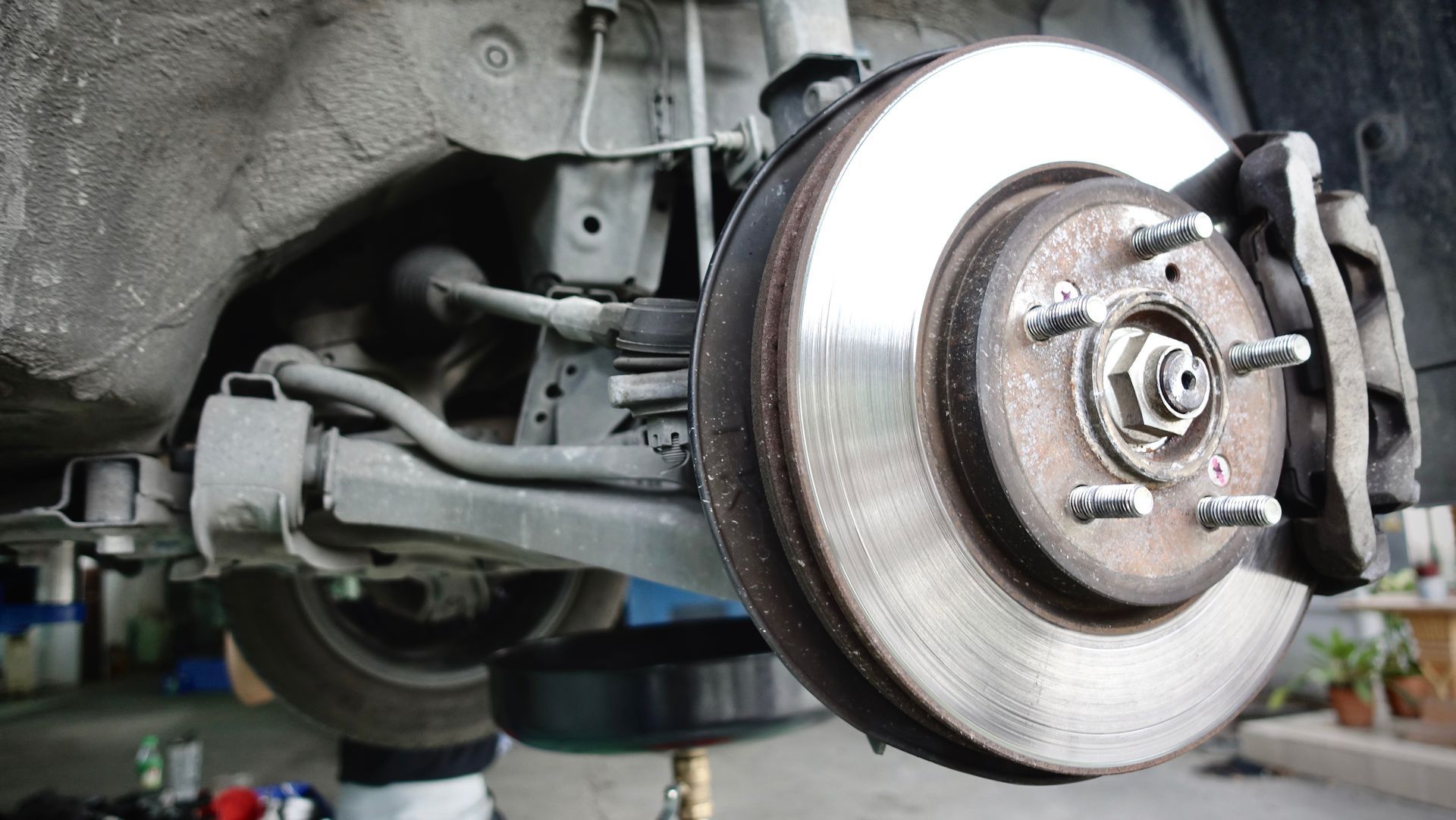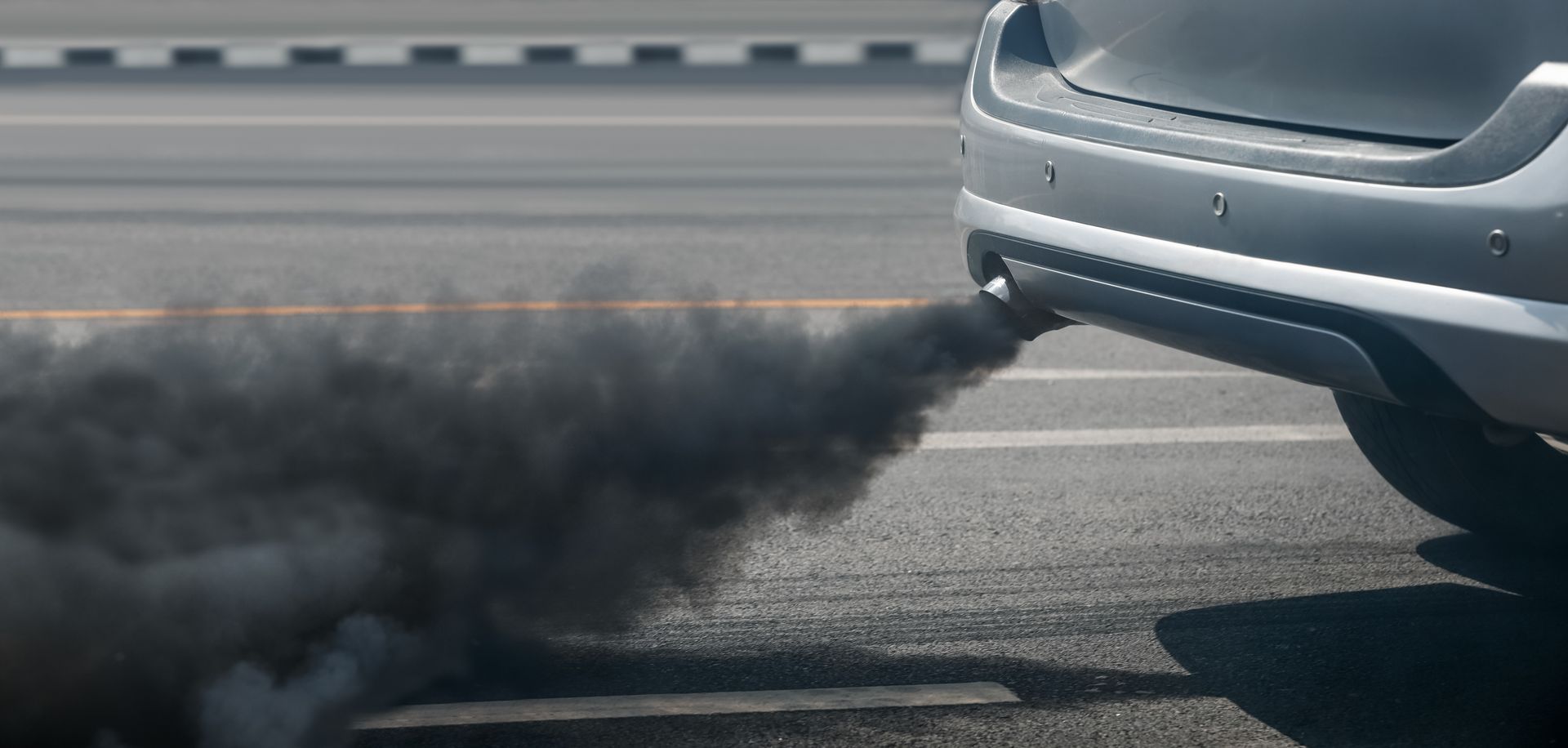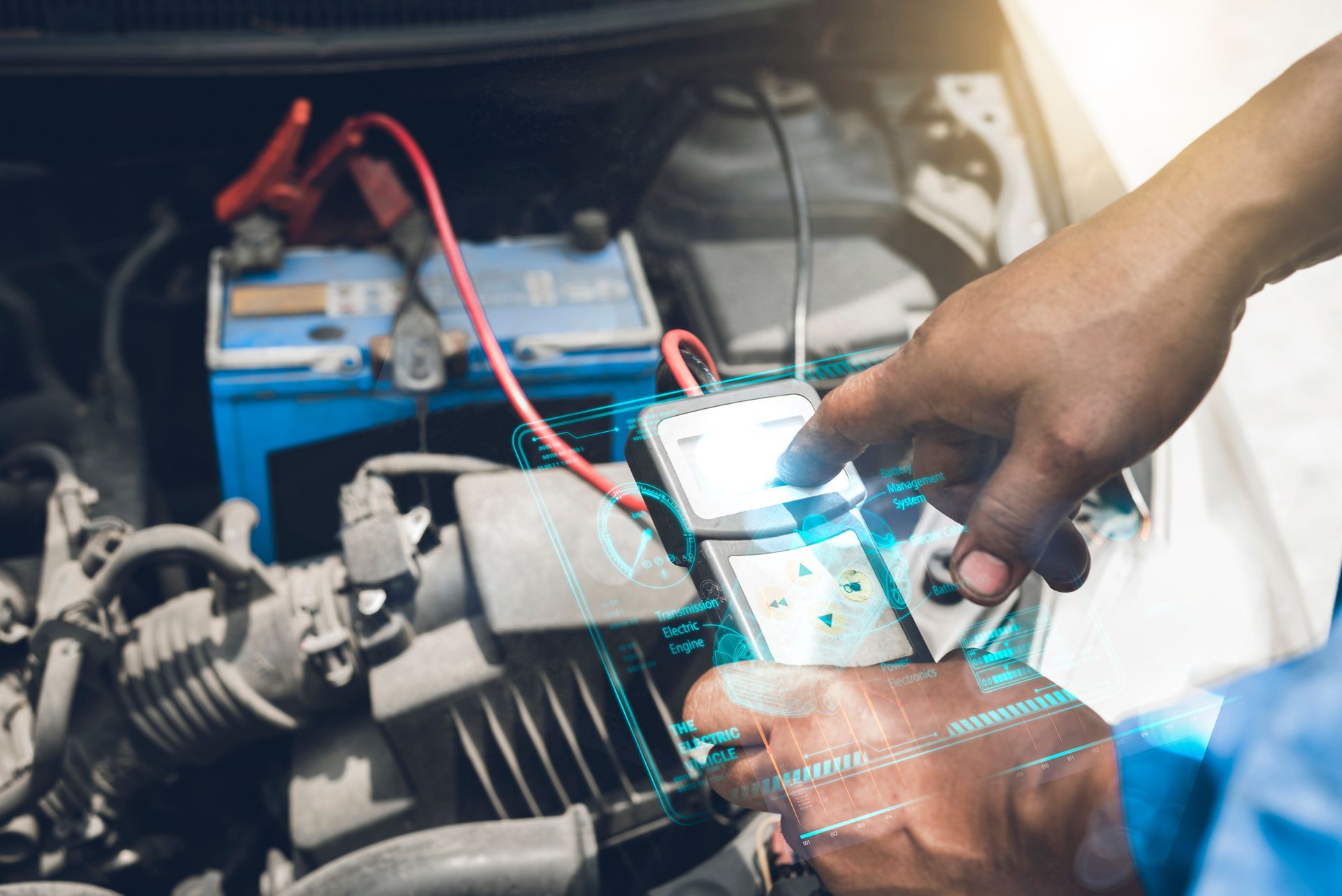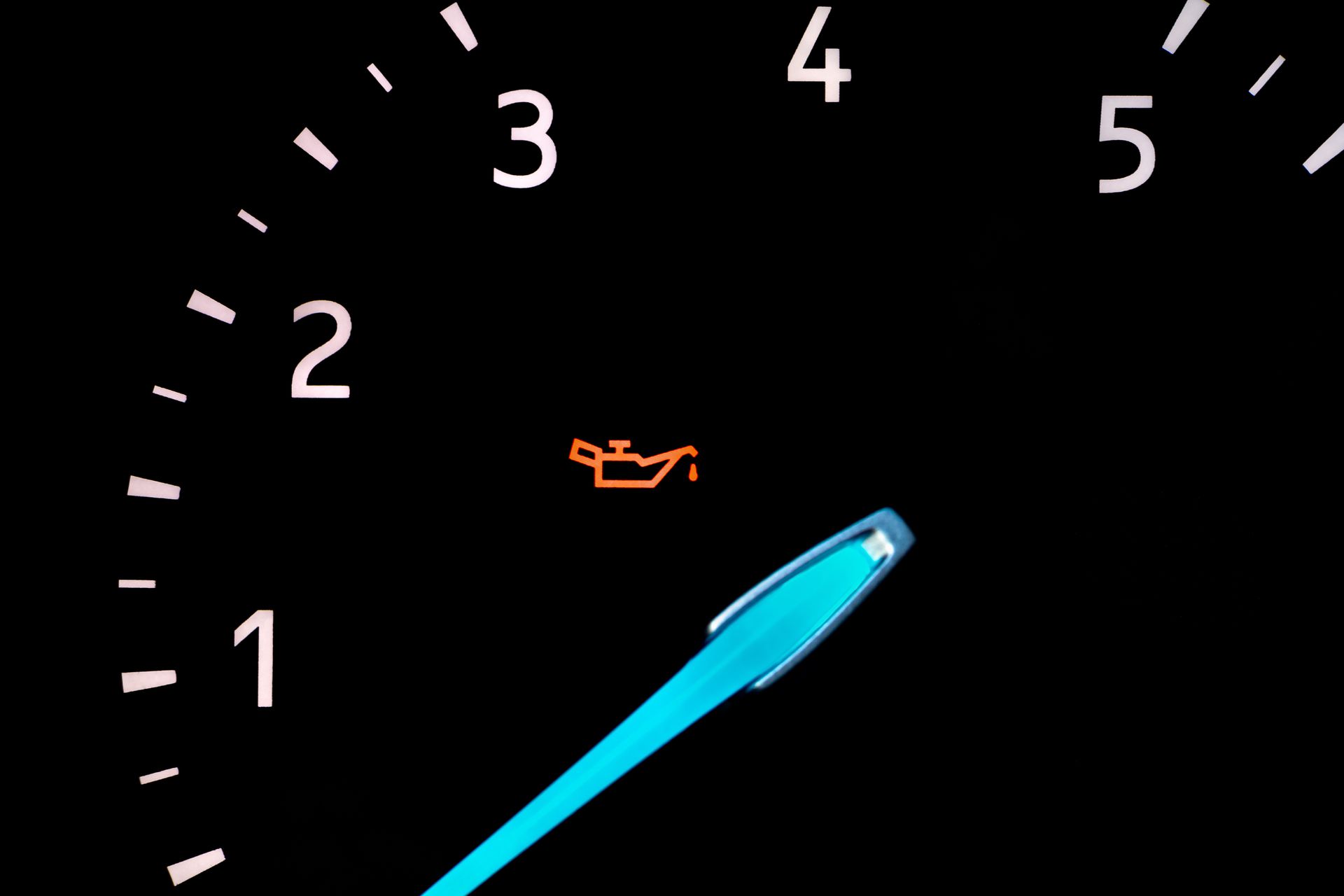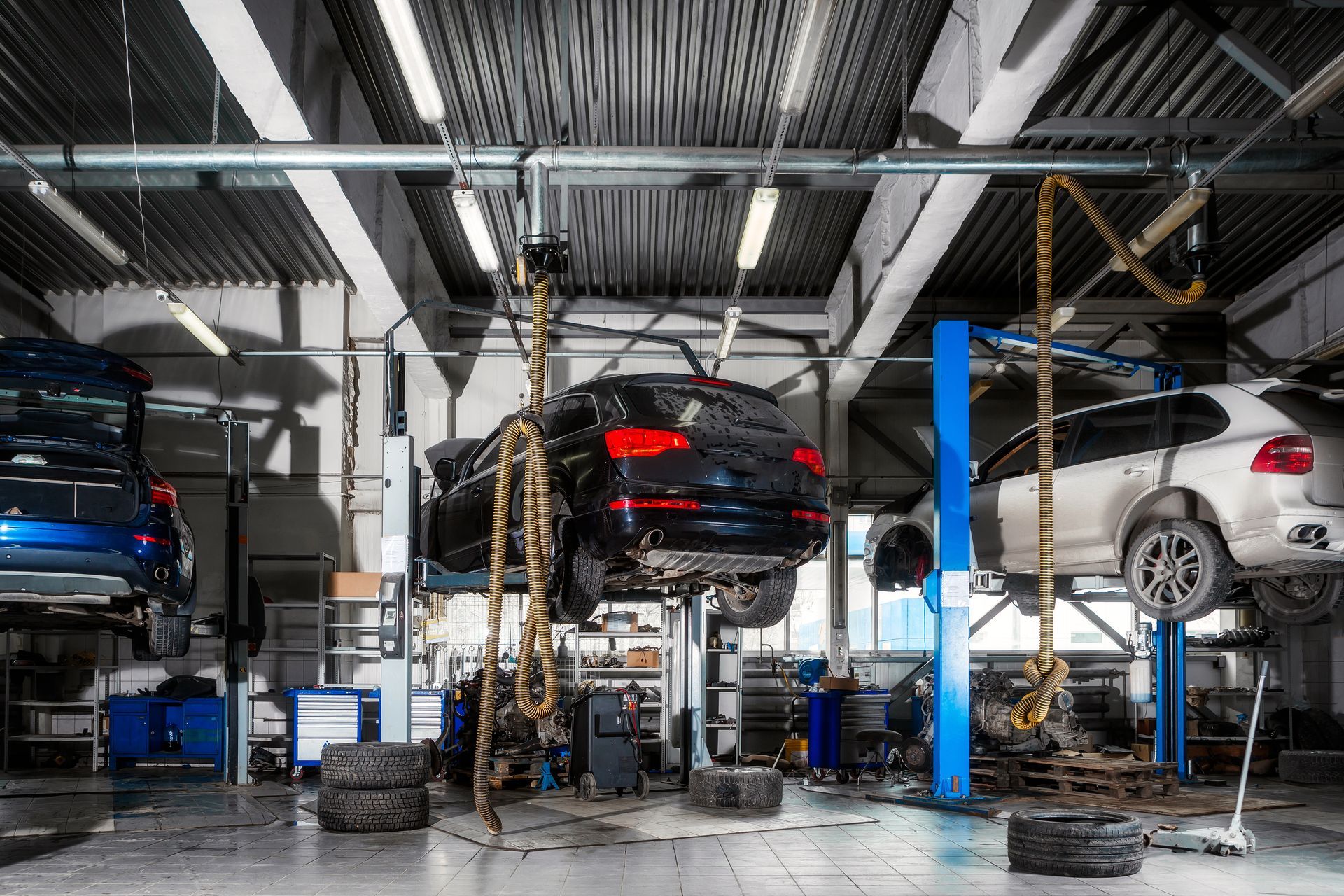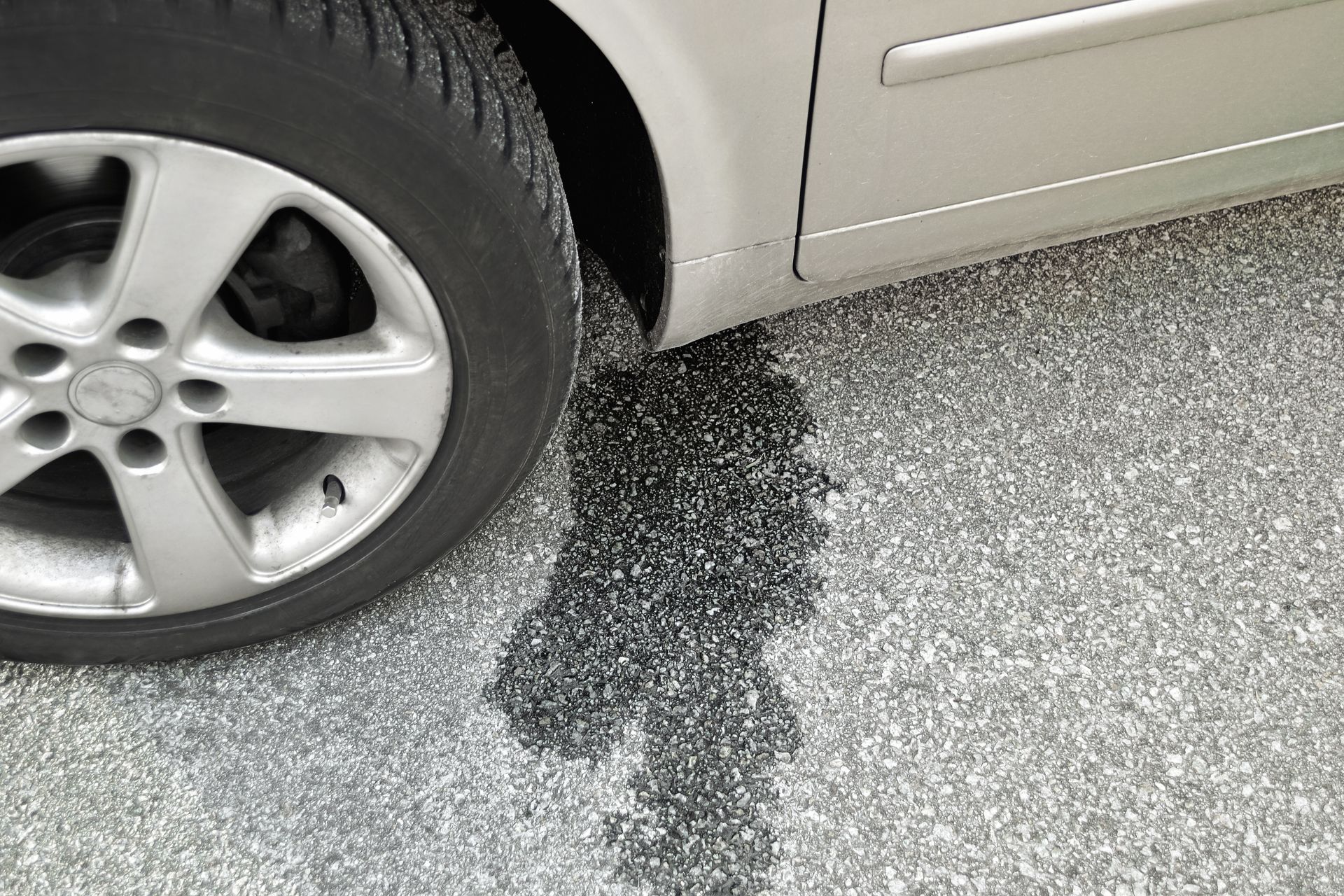The Ford F-150 is an iconic truck celebrated for its rugged performance, reliability, and versatility. However, like any vehicle, it isn’t immune to problems. If you own an F-150 or are considering purchasing one, it's important to be aware of some common issues that could arise. Knowing these potential problems can save you from unexpected headaches down the road. Let’s explore the five most common issues that Ford F-150 owners face and how to address them.
1. Transmission Problems
One of the most frequently reported issues with the Ford F-150 is related to the transmission, especially in models produced between 2010 and 2017. Owners have experienced various problems, including hard shifts, slipping, and a noticeable lag when shifting gears. These issues can be frustrating and potentially dangerous if they occur at high speeds.
What’s Causing It?
The root cause often lies in the truck's transmission control module (TCM), which can develop faults over time. These faults can cause the transmission to behave erratically, leading to the issues mentioned above.
How to Address It
If you're experiencing transmission problems, it's essential to have your F-150 diagnosed by a professional as soon as possible. In many cases, reprogramming or replacing the TCM can resolve the issue. In more severe cases, a full transmission overhaul might be necessary.
2. Engine Problems: The “EcoBoost” Dilemma
The F-150's EcoBoost engines, particularly the 3.5-liter V6, are known for delivering a balance of power and fuel efficiency. However, some owners have reported issues with this engine, particularly concerning timing chain wear, coolant leaks, and carbon buildup.
What’s Causing It?
These problems can be attributed to the turbocharging system and the direct injection technology used in the EcoBoost engines. Over time, these components can wear out, leading to the aforementioned issues.
How to Address It
Regular maintenance is key to avoiding engine troubles. Make sure to follow Ford’s recommended service intervals, especially for oil changes and coolant flushes. If you notice any unusual noises or performance issues, don’t ignore them—get your engine checked right away to prevent more severe damage.
3. Electrical System Malfunctions
The Ford F-150 has been reported to have various electrical issues, ranging from malfunctioning sensors and unresponsive touch screens to faulty door lock actuators. These problems can be a nuisance and, in some cases, impact the safety and functionality of your vehicle.
What’s Causing It?
Electrical issues in the F-150 often stem from faulty wiring, bad fuses, or problems with the vehicle's computer systems. Given the complexity of modern vehicles, even a minor electrical problem can have a cascading effect.
How to Address It
Diagnosing electrical problems can be tricky, so it's best to leave this to a qualified technician. A thorough inspection of the vehicle's electrical system can pinpoint the source of the issue, whether it’s a faulty sensor, a short circuit, or a software glitch. Regular inspections and keeping your vehicle's software up to date can help prevent these problems.
4. Suspension Issues
Another common problem with the Ford F-150 is related to its suspension system, particularly in older models. Owners have reported issues such as premature wear of the suspension components, leading to a rough ride, clunking noises, and uneven tire wear.
What’s Causing It?
Suspension issues in the F-150 are often caused by worn-out shocks, struts, or control arms. Driving on rough terrain or frequently hauling heavy loads can accelerate the wear on these components.
How to Address It
If you’re experiencing suspension problems, it’s essential to have your vehicle inspected by a professional. Replacing worn-out components and ensuring your tires are balanced and aligned can help restore the smooth ride and handling of your F-150. Regular maintenance checks can also help catch suspension issues before they become more severe.
5. Brake Problems
Brake issues are another concern for some Ford F-150 owners, particularly in models from the early 2000s. Common complaints include a spongy brake pedal, premature wear of brake pads and rotors, and in some cases, complete brake failure.
What’s Causing It?
Brake problems in the F-150 can be caused by a variety of factors, including worn-out brake pads, faulty brake lines, or issues with the master cylinder. In some cases, the anti-lock braking system (ABS) may also be to blame.
How to Address It
Brake issues should never be ignored, as they directly impact your vehicle’s safety. If you notice any changes in your braking performance, have your brakes inspected immediately. Regular brake maintenance, including pad and rotor replacement, is crucial to keeping your F-150 safe on the road.
Are you noticing something off with your F-150? Bring it to
Kwik Kar Auto Repair—Parker Road for a thorough inspection.
We can fix the issues that plague your truck. Keep your vehicle running smoothly—call us now!
